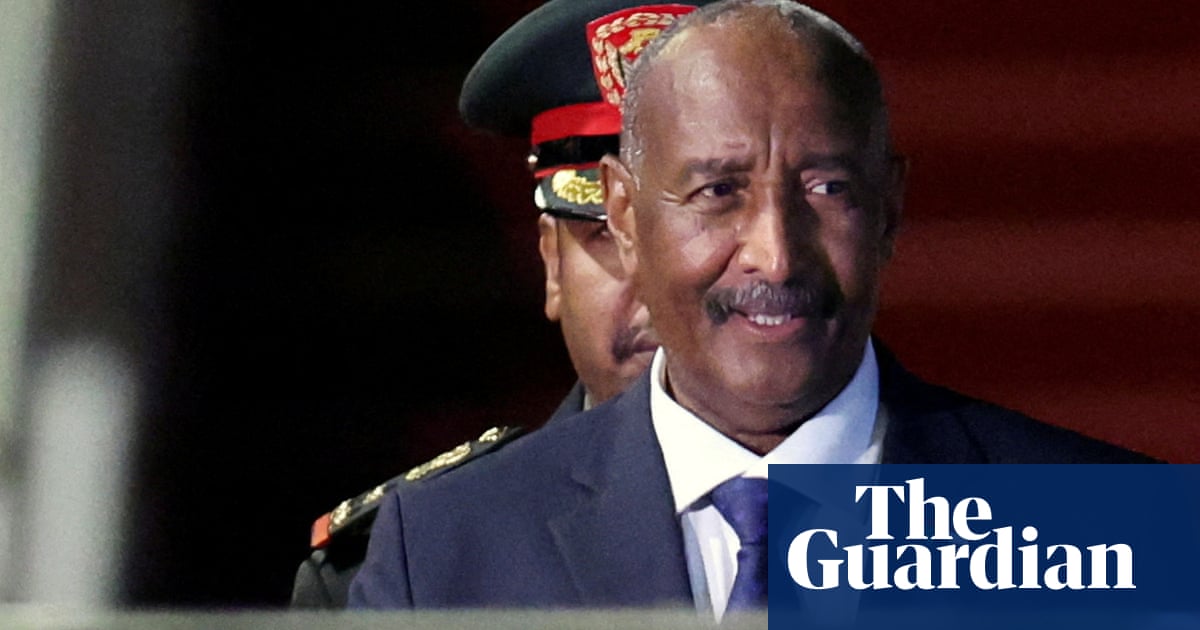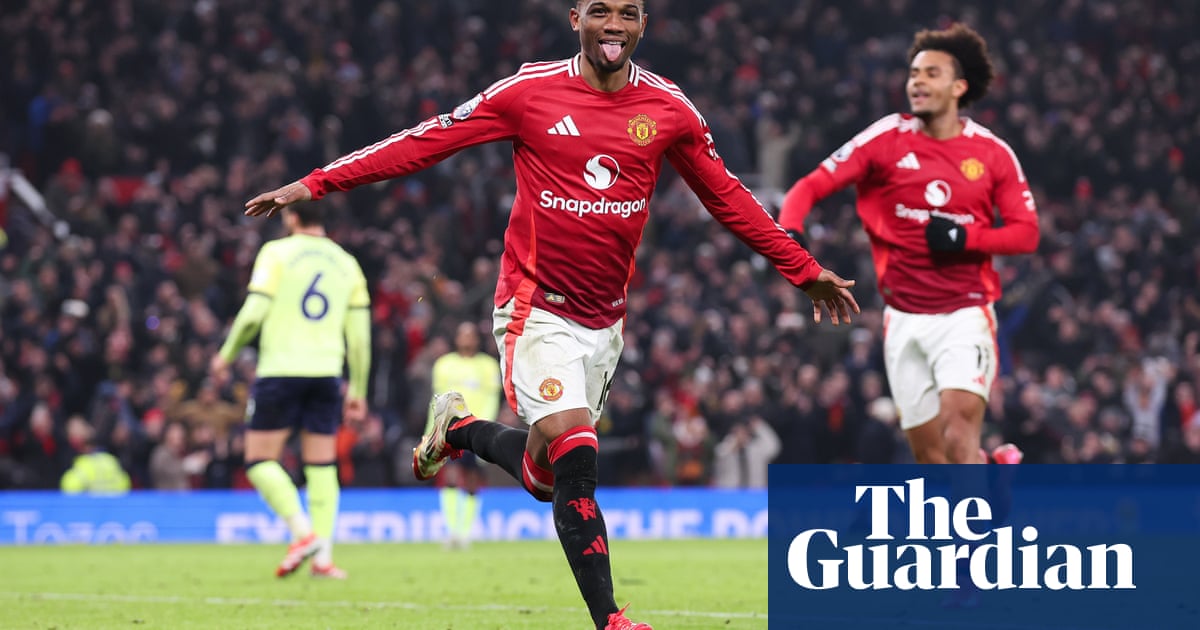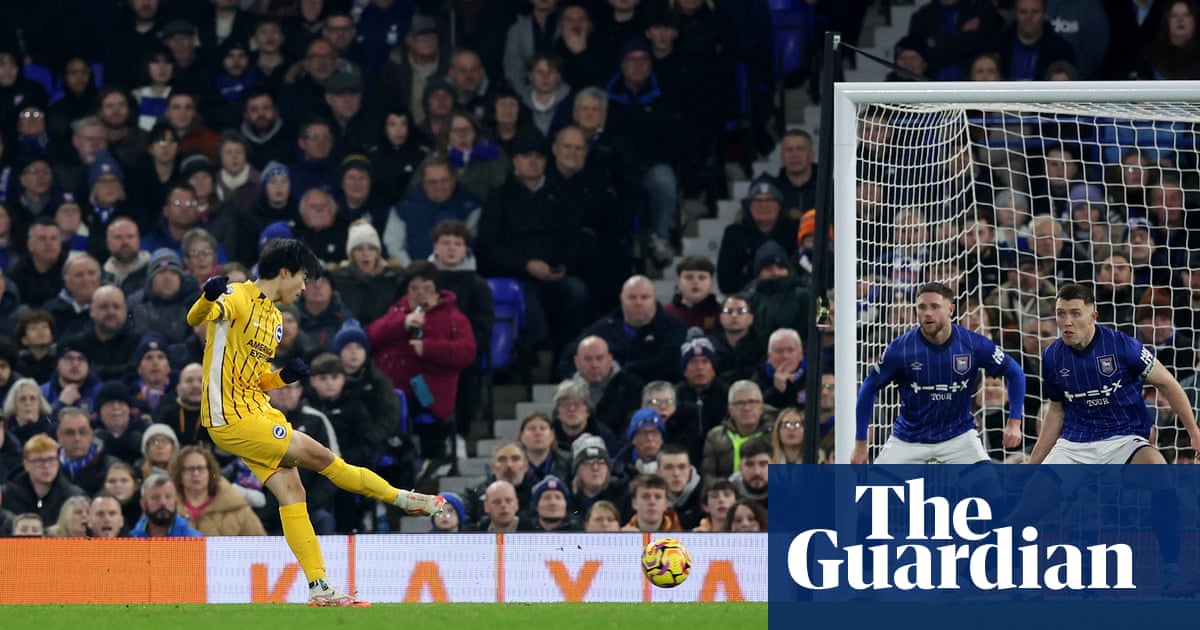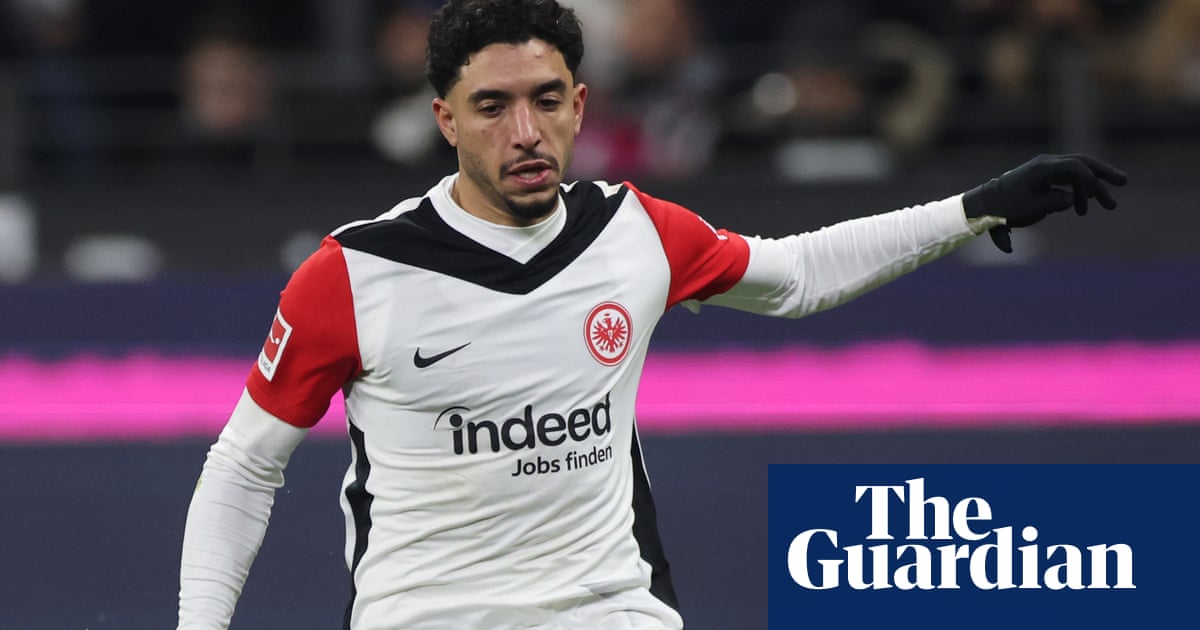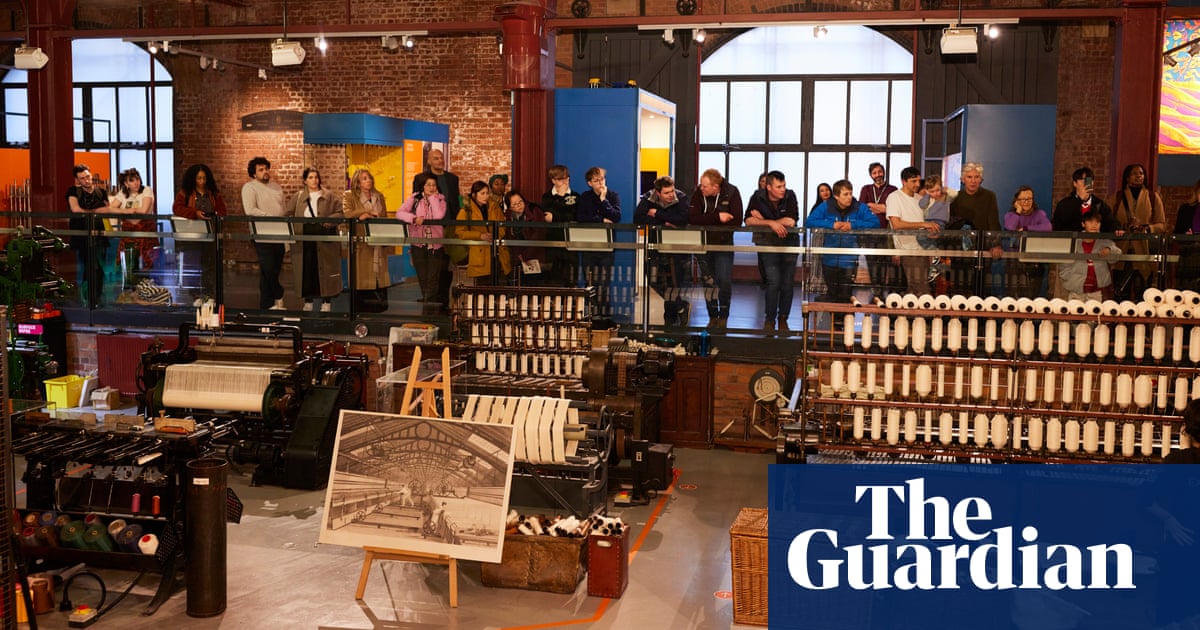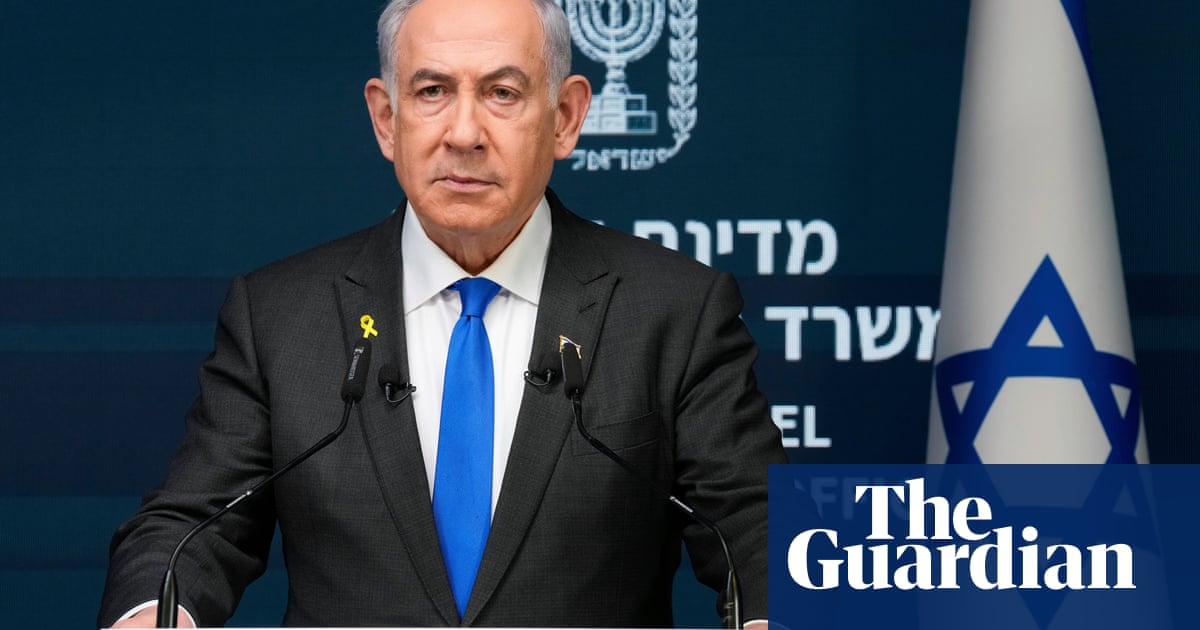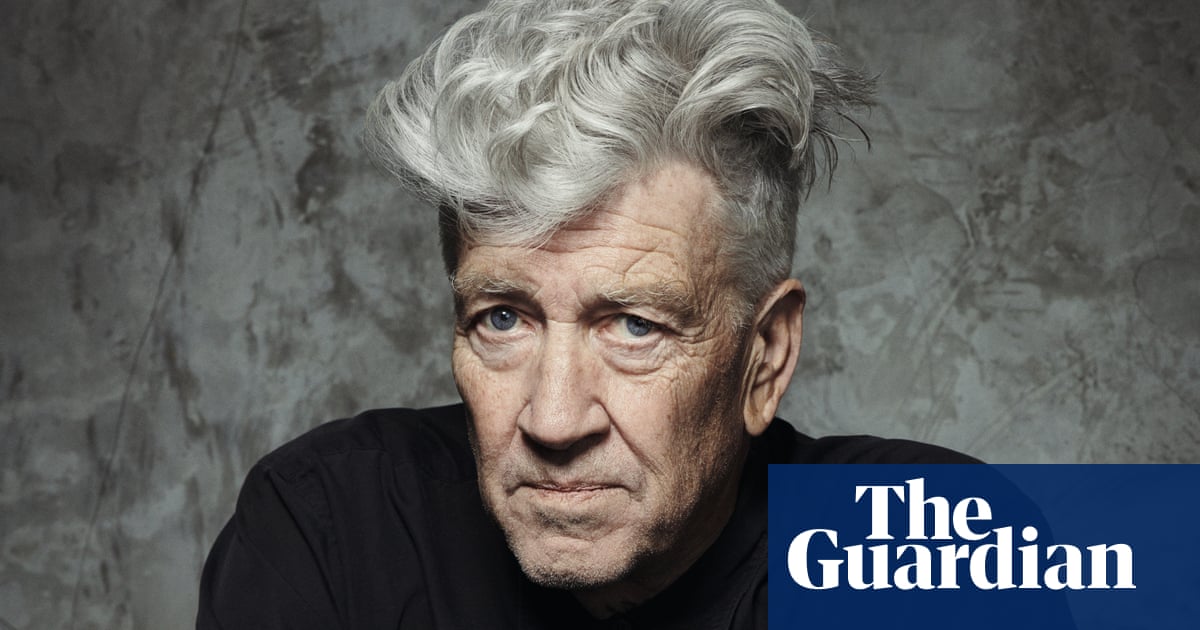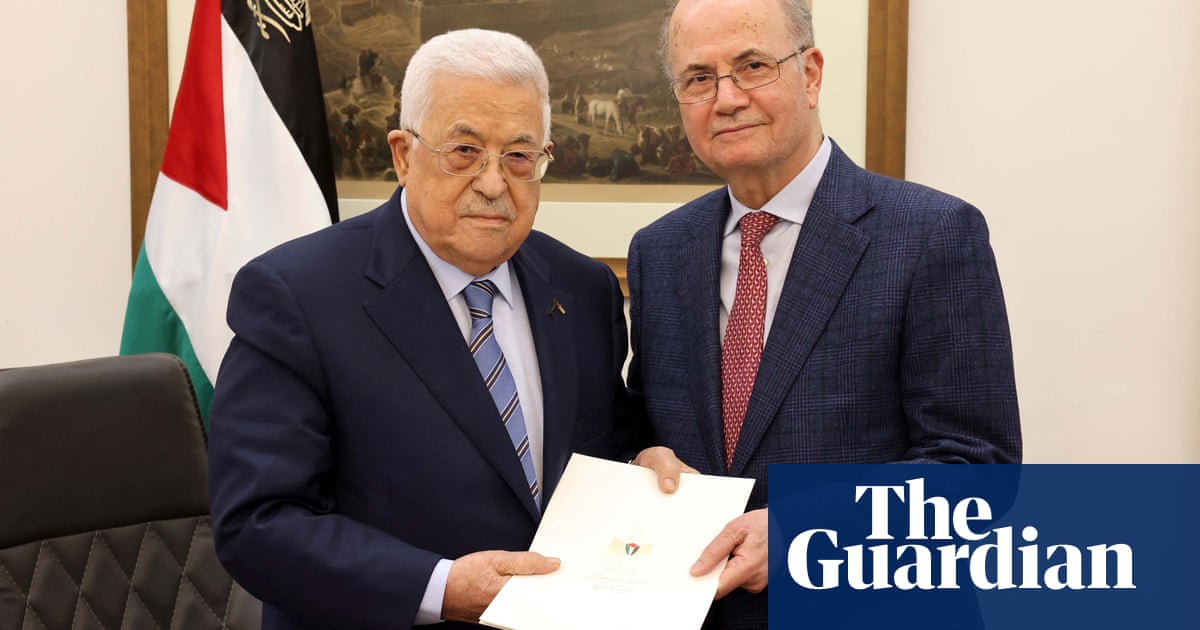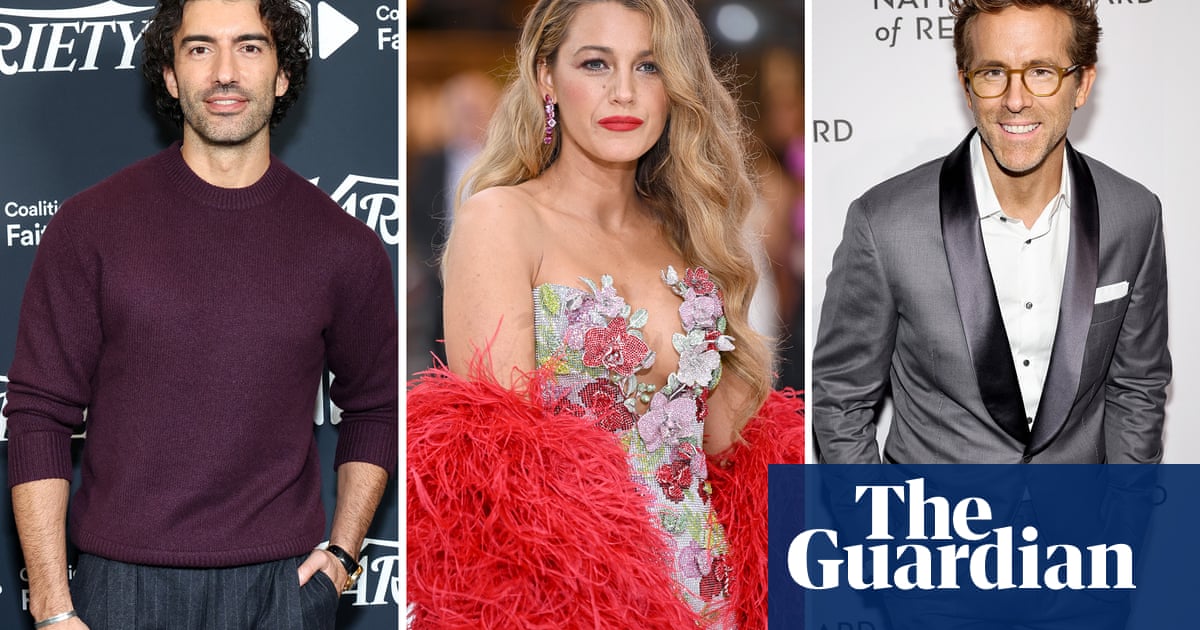Sebastian Coe has promised to introduce an “uncompromising and clearcut” policy to protect women’s sport and to look into awarding prize money to all Olympic medallists if he is elected International Olympic Committee (IOC) president.
In a clear sign that Coe intends to be the change candidate in next March’s election, the World Athletics president also promised to make the IOC more open and democratic, and to do more to harness the talents of the organisation’s membership.
Coe, who ran the London 2012 Games and is a double gold medallist, has the deepest CV of the seven candidates for the biggest job in global sports politics. However no Briton has held the presidency since the IOC was formed in 1894 and his candidacy is opposed by the current leader, Thomas Bach, who he fell out with after World Athletics banned Russian athletes.
But in his first major interview since declaring his candidacy, Coe said he would not be a “vanilla” candidate and protecting the integrity of sport would be a key plank of his manifesto. For Coe that includes introducing far clearer rules when it comes to the issue of transgender athletes and athletes with a difference of sex development competing in the female category.
Asked if he thought the current IOC guidance on the issue was too ambiguous, he replied: “Yes I do.” He also promised he would give “uncompromising” guidance to sports if elected. “It has to be a clearcut policy, and International Federations must have some flexibility,” he added. “But it is incumbent on the IOC to create that landscape. It’s a very clear proposition to me – if you do not protect [the female] category, or you are in any way ambivalent about it for whatever reason, then it will not end well for women’s sport. I come from a sport where that is absolutely sacrosanct.”
The issue became a major story at the Paris Olympics boxing tournament with Algeria’s Imane Khelif and Taiwan’s Lin Yu-ting both winning gold medals after being banned from the 2023 world championships. The International Boxing Association (IBA), which ran the event, said it had tested both fighters and their “DNA was that of a male consisting of XY chromosomes”.
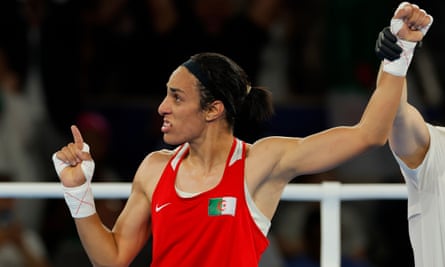
However the IOC decided that Khelif and Lin should be allowed to fight in Paris as it said they were female on their passports. It also accused the IBA of violating medical and ethical norms by leaking the test results. Asked whether he winced when he saw the boxing in Paris, Coe replied: “I was uncomfortable.”
Earlier this year, World Athletics introduced a $50,000 prize for all gold medallists in Paris. And Coe made it clear that he wanted the policy expanded to all sports in future Games given the IOC could afford it. “I have always talked about the wherewithal and the wellbeing of the athletes and giving them financial skin in the game,” said Coe. “I think that can be done in a way that is respectful of the Olympic philosophy but I have to accept we’re in a different landscape.”
Coe has earned plaudits at World Athletics for tackling doping by introducing the Athletics Integrity Unit, banning Russia and ensuring a gender equal board. But he insisted that his best attribute was being a consensus builder.
“One of my strengths is being good at building teams,” he said. “I did it in London. I did it at the National Olympic Committee. I did it at World Athletics. And I do, genuinely, work by consensus. But that doesn’t mean that on occasions I’m not prepared to make tough decisions.”
after newsletter promotion
Asked whether the IOC needed to let the air in and be more democratic, Coe nodded. “You have got to give the members more voice. We’ve got exceptional people sitting in that membership, and I want to make sure that they are absolutely utilised to the best of their ability.
“There are people in the movement that would be first pick on any international board. And I’m not just talking about commercial people – we’ve got cultural leaders, filmmakers, educationalists, coaches, athletes, media owners, royal families and politicians.
Coe also made it clear he believed he could be a catalyst for change. “I have been in training for this for most of my life,” he said. “I think I can make a difference, and I do have a plan and a vision for what that difference looks like.
“I think change is necessary, but in a respectful and sensible and thoughtful way, not at the risk of destabilising. We’re in a fast-changing landscape, and change is absolutely crucial. I have a passion for the Olympic movement. It’s been my life.”

.png) 2 months ago
11
2 months ago
11

